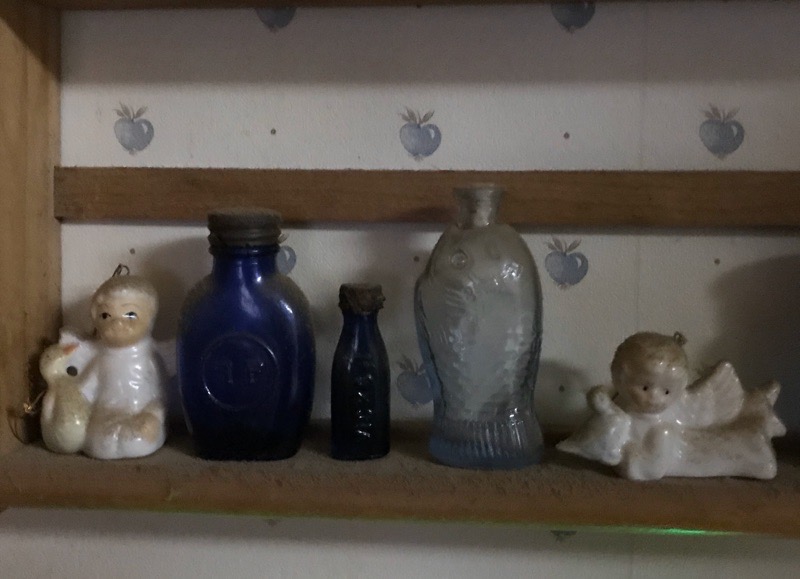Well red, some of those areas have been revitalized. Some have remained 'hostile' if you wanna call it that.
The community trash pits were excavated and trash hauled to landfills where the ones on old home places typically became somebodys back yard over looking the river when the family subdivided the land. Some, I do not know the current circumstance of. One was a homeplace of some cousins uncle inlaw of Thomas Jefferson's cousin's brothers nephew or something and that land is set aside for historic value. One really cool dump became an expansion for Titmus Optical to store packages of lenses they produce. Another is an apartment complex. Stuff like that. Often we found out about the dump sites through construction workers discovering them when a project began. Once they were discovered it often took the owner a few days to decide how to pay for its disposal so we had a few days to find treasure. Other sites I worked alone since it was generally a safe location.
Around y2k I was speaking with a former day worker turned backhoe operator about some places I had dug for bottles. One was where he had lived as a teen and he described what life was like living in that place where us bottle hunters heard gunfire in the distance. He spoke of the current (at that time) situation had turned around and normal life was normal. He said the kids all turned away from thug life. He himself was a recovered heroine addict who later died from aids he got from sharing needles. I was told there were hundreds of people at his funeral as he had played a big role in his community helping others leave the gutter life.
One spot where a few bottles I still display in my home has a Wal Mart sitting on it.
Angel figurines, a bayer aspirin bottle and vicks sampler with metal tops intact and a cod liver oil bottle from the 1910's.


